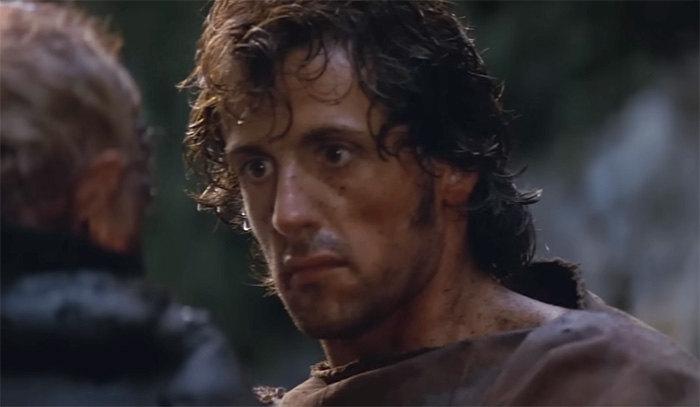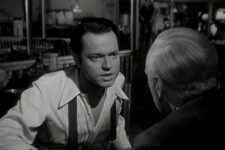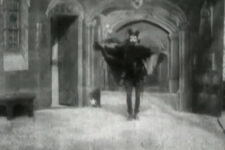
In the world of action movies, few characters are as iconic as John Rambo. The character, played by Sylvester Stallone, first graced the silver screen in 1982’s “First Blood.” However, what many viewers may have overlooked is that “First Blood” was much more than just a high-octane action thriller. Beneath the surface, it served as a powerful anti-war film with a message that often went unnoticed amidst the gunfire and explosions.
At first glance, “First Blood” may appear to be a typical ’80s action flick with its adrenaline-pumping sequences and a lone hero taking on an entire town’s police force. Yet, if you dig a little deeper, you’ll find a thought-provoking narrative that delves into the plight of American veterans and the psychological scars that war leaves behind.
In “First Blood,” we are introduced to John Rambo, a Vietnam War veteran who is drifting through life, searching for a sense of belonging after returning home from a war that forever changed him. He’s a man who has been pushed to the brink by his experiences in combat and is now struggling to find his place in a society that has seemingly forgotten its own heroes.
The story begins when Rambo is arrested for the crime of “vagrancy” in a small American town. As the plot unfolds, it becomes clear that this initial arrest is merely the catalyst for a series of events that trigger his PTSD, leading to a showdown with the local police force. The film gradually transforms into a tense psychological thriller as Rambo battles not just the law enforcement officers but also the inner demons that haunt him.
The heart of “First Blood” lies in its portrayal of the mistreatment of veterans upon their return to civilian life. Rambo’s treatment at the hands of the police and the community is a reflection of the struggles many real-life veterans faced during the Vietnam War era. The film shines a spotlight on the lack of understanding and empathy shown towards those who served their country, underlining the disconnect between those who fought and the society they returned to.
What sets “First Blood” apart from its sequels is its restrained use of violence. While the Rambo franchise would later become synonymous with over-the-top action and excessive carnage, this first installment is surprisingly low on body counts. In fact, only one person dies throughout the entire film, emphasizing that the true focus here is not on glorifying violence but on exposing the emotional scars left by war.
It’s essential to recognize that “First Blood” serves as a stark contrast to the subsequent Rambo sequels, which gradually evolved into mindless, high-octane action spectacles. While those films certainly have their merits as entertainment, they veered away from the original film’s core message about the treatment of veterans and the toll of war.
In a world where action films often prioritize explosions and heroics, “First Blood” remains a standout for its willingness to explore the darker, more poignant aspects of its characters’ experiences. It calls attention to the profound impact of war on the human psyche and highlights the importance of recognizing and assisting veterans who struggle with their transition back into civilian life.
In conclusion, “First Blood” is not just an action movie; it is a powerful anti-war film with a social message that often goes unnoticed. By shedding light on the plight of veterans and the psychological scars they carry, this film reminds us that beneath the tough exterior of an action hero lies a complex and fragile human being. So, the next time you revisit John Rambo’s cinematic journey, remember the profound message at the heart of “First Blood” and appreciate its enduring relevance in our society.









